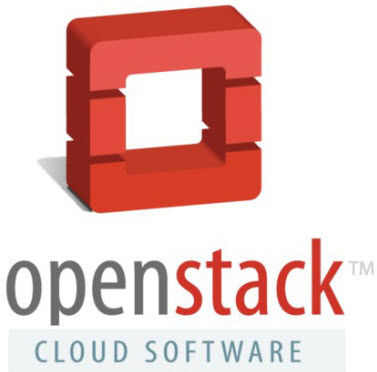
Cisco, a backer of the open source cloud computing project OpenStack, joins Red Hat, Rackspace and others in marketing own version of cloud management platform
While hardware is at the core o
f what Cisco does, the company is no stranger to software either. In many cases, software from Cisco is all about leveraging and enabling its networking and server gear, but that’s not the whole story when it comes to Cisco’s open source OpenStack release.
Cisco released the first version of its OpenStack Cisco Edition late Friday. Cisco has been an active participant in the open stack ecosystem since at least January of 2011.
OpenStack is a multi-stakeholder project that is all about building an open source cloud platform. It’s not a monolithic project, but rather is made up of a number of core projects that all come together under the OpenStack umbrella.
Nova is the core compute project, Swift is the storage project, Keystone provides identity and Glance is an imaging system. There is also the Quantum Project, which is the networking piece, and that’s where a key area of focus for Cisco lies.
Quantum only officially became a core project of OpenStack with the Folsom release at the end of September, though it had been in technical preview mode since at least September of 2011. Quantum provides Software-Defined Networking (SDN) type abstraction and control for cloud networking. The project supports multiple virtual switch technologies, including the Linux open vSwitch project as well as Cisco’s Nexus1000V.
The Cisco Edition of OpenStack does not include its own core operating system, which is required to be installed first by users. Currently, Cisco’s OpenStack release has been validated to run on Ubuntu 12.04. Moving forward, Cisco is looking at supporting other Linux distributions, including those based on Red Hat Enterprise Linux (RHEL).
From a hardware perspective, the Cisco Edition of OpenStack has been tested with Cisco’s UCS Servers and the Cisco Nexus family of switches. Cisco, however, notes that while their version of OpenStack has been validated on Cisco hardware, it can also run on hardware from other vendors.
While Cisco is leveraging the core components from the main upstream OpenStack project, they are also bundling some specific additions. For deployment of OpenStack services, Cisco has included the open source Puppet project. On the management side, Cisco is extending the core OpenStack Horizon project with the open source Nagios, Graphite and Collectd projects for compute monitoring.
Cisco has also included components to improve service assurance and high-availability. While Cisco is bundling in additional components beyond those that come from the core OpenStack project, Cisco’s edition of OpenStack is currently entirely open source and freely available.
Cisco isn’t the only networking vendor involved in OpenStack. Brocade, HP and Dell are also actively involved. While Cisco is building and releasing its own edition of OpenStack, some vendors are taking a different approach. Brocade announced a partnership with commercial OpenStack vendor Piston Cloud last week to help enable its solutions.
Cisco made the announcement in a blog post on Saturday, with links to a site where the Cisco OpenStack edition can be downloaded for free, along with a wiki describing various aspects of the code.
— By Sean Michael Kerner at serverwatch.com
More Related News from https://www.networkworld.com/news/2012/101512-cisco-openstack-distro-263364.html
More Cisco News
Cisco Intros Cisco Nexus 3548 for High Performance Data Center Environments
Why Does the Nexus Core Switch Rock in the Datacenter?
More Cisco News you can see Cisco News Column at https://blog.router-switch.com/


